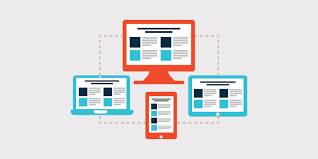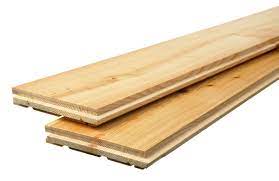Choosing a Contract for Difference (CFD) broker can be a daunting task, especially with the myriad of options available today. For those who wish to trade in financial markets without owning the underlying asset, cfd broker offer an attractive opportunity. However, selecting the right broker is essential to ensure a smooth trading experience.
Understanding Your Needs
Before you jump into research, it’s important to understand your own needs as a trader. Are you interested in specific asset classes like commodities, indices, or cryptocurrencies? How frequently do you plan to trade? Answering these questions will provide clarity on what you’re looking for in a broker, helping you narrow down your choices.
Assessing Trading Platforms
One of the most crucial aspects to consider is the trading platform the broker offers. A good platform should be user-friendly, with features that cater to both beginners and experienced traders. Look for platforms that offer real-time data, advanced charting tools, and robust security measures. Many brokers offer demo accounts, allowing you to test their platform before committing.
Evaluating Fees and Commissions
While no one likes extra costs, understanding the fee structure of a broker is vital. Brokers typically earn through spreads (the difference between buying and selling prices) and may also charge commissions. Some might have hidden fees for withdrawals or inactivity. Compare the fees across different brokers to find one that offers competitive pricing without compromising on service quality.
Customer Support and Education
In the fast-paced world of CFD trading, having a reliable customer support team can be a game-changer. Evaluate the accessibility and responsiveness of the broker’s support team. Additionally, see if the broker offers educational resources like webinars, tutorials, and market analysis. These resources can be invaluable, especially for newcomers eager to learn the ropes.
Payment Methods and Withdrawals
The ease with which you can deposit and withdraw funds is another critical factor. Check the available payment methods and any associated fees. A good broker should offer multiple payment options and facilitate smooth transactions, ensuring you can access your earnings without unnecessary delays.
Community Reviews and Feedback
Finally, leverage the power of community feedback. Online forums, review sites, and social media platforms can offer insights into the real-world experiences of other traders. Look for consistent feedback regarding the broker’s reliability, customer service, and overall trading experience. While individual opinions may vary, patterns in feedback can be telling.
In conclusion, choosing a CFD broker requires careful consideration of various factors. By understanding your needs, evaluating platforms, assessing fees, and considering community feedback, you’ll be well-equipped to make an informed decision. Remember, the right broker can significantly enhance your trading experience, setting you on the path to success.
How to Conduct Research for Choosing a CFD Broker
Categories:


